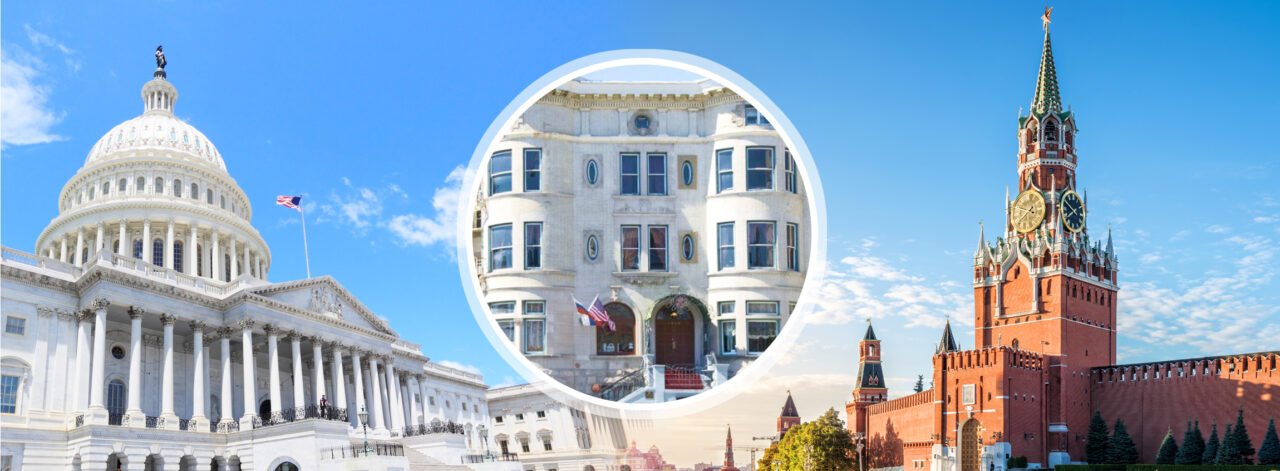Published 29-10-2012, 05:27
Dmitry Babich
political analyst for the Voice of Russia radio station
The votes cast at the Ukrainian parliamentary election on Sunday are still being counted, but it is already clear that the opposition won’t dispute the vote’s legitimacy – at least, it won’t demand a recount. The reason is that the opposition seems to have done relatively well at this election. The vote revealed only a relative superiority of a coalition of political forces that support Viktor Yanukovich, the current president of Ukraine.
Yanukovich’s Party of Regions, according to several exit-polls, got from 27,6 to 30,5 percent of the vote. The Communist party of Ukraine, which often allies itself to the Party of Regions during crucial votes, got from 11 to 13 percent of the vote, according to the same polls. So, the pro-Yanukovich camp is expected to get 38-43 percent of the vote.
The opposition factions are expected to do not much worse – the three main opposition parties will most likely get no less than 39 percent. It should be noted that these figures reveal only the preliminary results of the vote on the so called party lists. Analysts expect the Party of Regions to improve its final results from the so called majority voting, which is supposed to provide one half of the seats, or 225 seats in the 450-seat parliament, named Rada in Ukrainian. However, the unexpectedly high results on party lists already inspired the opposition leaders. They are already talking about a possible impeachment for president Yanukovich, who is very unpopular among both the Ukrainian nationalists and representatives of the European Union. Meanwhile, since the EU is expected to synchronize its appraisal of the vote with the opposition’s attitudes, non-recognition of the vote by European structures is unlikely. This was already indicated by representatives of the European parliament in Kiev, reports Kiev-based Golos Stolitsy radio. This view is shared by Andrzej Brzeziecki, the editor-in-chief of the Polish magazine New Eastern Europe, specializing, among others, on the theme of Ukrainian politics.
"I think the EU’s recognition or non-recognition of the vote will depend on the stance of the opposition parties. It is very important that this election’s results were positively received by the opposition leaders. This will have a positive effect on the stance of international observers, including those from Poland. Most likely, I think, the EU will recognize this election,” Brzeziecki said.
What does the Ukrainian opposition stand for? For the moment, opposition is represented by a rather rag-tag amalgam of parties, from radically nationalist Svoboda ("Freedom”) to the pro-European party named "Udar” ("A Punch”), headed by the boxing champion Vitaly Klichko. However, the backbone of the largely pro-European opposition is expected to be provided by Fatherland, or Batkivshchina in Ukrainian, a party formed by the former prime minister Tymoshenko. Mrs. Tymoshenko is now in jail on charges of abusing her powers while being the country’s prime minister. Her being sentenced to 7 years in jail had already led to a protracted crisis in Ukraine’s relations with the the EU and the United States. The EU put on hold Ukraine’s association agreement pending Mrs. Tymoshenko’s release.
So, what are the results of these parties? If the exit-polls are to be believed, Fatherland, having merged with a smaller party Front of Change, founded by Arsenyi Yatsenyuk, indeed came out as the biggest opposition group, with 23-25 percent of the vote, only 3-5 percent behind the Party of Regions. Klichko’s Udar comes third with 13-15 expected percent of the vote. Svoboda, a nationalist party, widely perceived as xenophobic and even neo-Nazi because of its lionization of pro-Nazi Ukrainian nationalist leaders of the World War II times, is expected to poll 11-12 percent. What is important, rumors about a possible alliance of Vitaly Klichko with Yanukovich’s Party of Regions were quickly dissipated by Klichko this very night. He said his party would ally itself with Fatherland and Svoboda, thus creating a strong nationalist bloc inside the parliament.
Vladimir Fesenko, the head of the Kiev-based Penta center for political research, expects some rivalry between Klichko and Fatherland’s leader Arsenyi Yatsenyuk. However, this rivalry will reveal itself later and not now, when the opposition is still does not fully believe in its own survival.
"They have a common adversary, a common enemy,” Yatsenko said. "If they act disparately, their opposition will quickly be defeated. And together they will have at least 150 seats in the parliament – in fact, it is a blocking share, if we use business language. If Klichko and Yatsenyuk postpone realization of their individual presidential ambitions for better times, they can achieve a lot and cooperate on a number of issues. They can only survive if they stay together.”
What is in it for Ukraine’s relations with Russia and the West? The Ukrainian parliament has a rather limited influence on the foreign policy of the country. Few experts believe that it can quickly reverse Yanukovich’s policy of mending ties with Russia, ties which had been badly damaged before Yanukovich’s election by his predecessor, former president Viktor Yushchenko. However, if the new parliament cracks up to be more nationalist, this can be a bad omen for Russo-Ukrainian ties. Nationalists in Rada have already talked about symbolically canceling agreements on the Russian Black sea fleet’s base in Sebastopol, Crimea. And even though their vote will be largely symbolic, only the president being able to start renegotiating previously signed agreements, the psychological effect of such a move by the Ukrainian parliament will not be in Moscow’s favor.



_jpg/250px-ElbeDay1945_(NARA_ww2-121).jpg)







